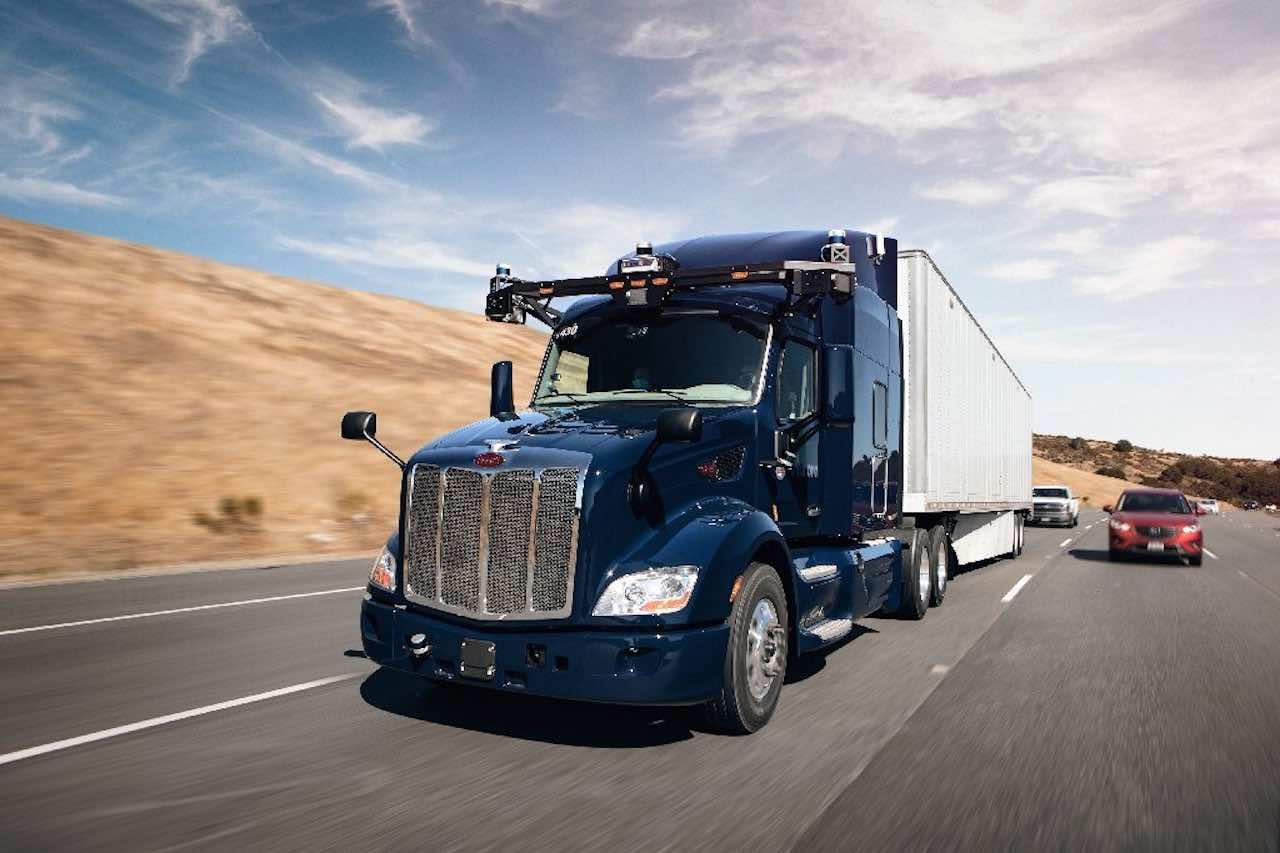Whenever we think of the freight forwarding industry, the importance of this industry and its speed comes to mind. No doubt, this industry is a primary support industry for many industries and markets. Without logistics management, more than half of product-based businesses will evaporate in the thin year.
And if we include the modern face of international businesses – the e-commerce sector, speed and reliability appear remarkably important. After all, the e-commerce sector follows strict rules of demand and supply to serve a larger region. But the absence of adequate human resources is negatively impacting these factors of efficiency.
Considering, this lack, autonomous vehicles appear to be the only rescuers for the industry. But are they that good? Let’s learn in this post.
How Will Autonomous Vehicles Help the Industry?
Driverless trucks appear to be the future of the freight industry because it saves costs of human resources and increased efficiency. But these aren’t the only advantages earned from the transition. Here is how these trucks will change the face of the logistics industry for the better.
Advertisement
Content in this Article
Fight the lack of truck drivers
Many logistic companies are prevented from promoting their business to new markets and customers because they don’t have enough drivers to fulfill the orders. This lack of heavy goods vehicle drivers is a paramount concern of this industry across Europe.
Currently, many freight forwarders battle this shortage by taking in unskilled workers and training them after they have passed their HGV theory test for the practical test and industry-specific operations. However, this process is long and the talent market doesn’t offer many people interested in this career, to begin with, leaving a large gap to be fulfilled by driverless trucks.
Offer speed
The transportation industry has to abide by strict rules to ensure safety. Some of these driver-specific rules include work-life balance, restricted working hours, and long stop times to allow adequate rest for the driver.
The efficiency and alertness level of AI behind autonomous trucks, on the other hand, don’t vary with the number of hours it has remained on the road. In short, these trucks don’t need long breaks and increase efficiency.
Increased reliability
Note that driverless trucks are rated less safe than human drivers, but advanced communication and speedier response time between autonomous vehicles decreases the risk of accidents while also increasing driving efficiency and fuel costs.
Lower costs
For most employers, advanced technology is all about lower costs. The same holds for autonomous vehicles. Stats say that these vehicles are 40% cheaper than human-driven cars.
What Do Autonomous Vehicles Demand
This technology might have taken over quite a few jobs in some countries, but it’s still in the initial stages of wide application. The system needs massive capital restructuring to allow the transportation industry to depend on it as the only solution. Here are some developments needed on micro and macro levels for the widespread use of this technology.
Increased safety
Safety is the foremost concern for these vehicles and this responsibility largely falls on governments’ shoulders. With the high accident rate depicted by these vehicles, governments will have to define high standards of safety regulations before these trucks can be brought to the road.
Separate route
These vehicles will need a separate for them connecting cities and countries. For traffic regulation on these routes, these vehicles will need an advanced communication system between vehicles.
In short, the mass use of these vehicles demands a complete infrastructure across continents.
Initial investment
In the end, employers will see that purchase of these vehicles will be a major investment in their business and will attract significant cost of capital. They may deter the purchase and will be penalized by lower efficiency and more competitive pricing because of a more favorable cost curve for their competitors.
Takeaway
Driverless trucks are the unavoidable future for the freight forwarding industry. Those companies which adopt this technology sooner will enjoy a competitive advantage over those that employ it later.

